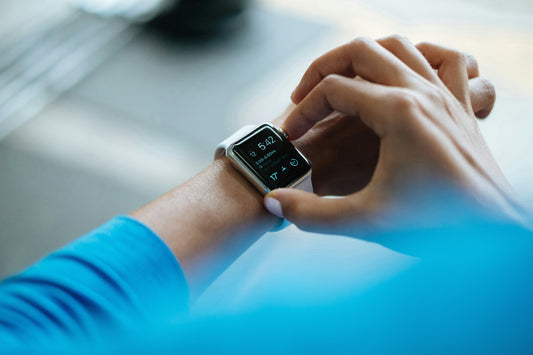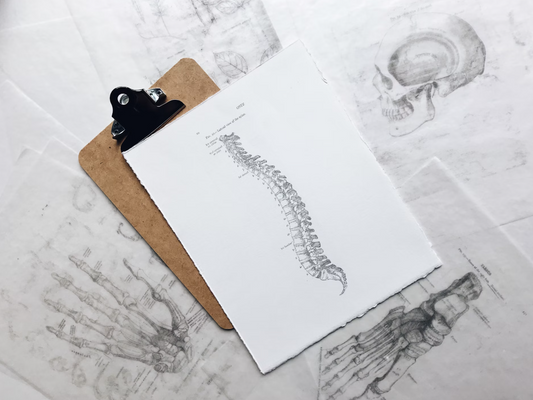We all know that breathing is essential for life, but did you know that the way you breathe can have a direct impact on your energy levels? Whether you're feeling sluggish in the afternoon or struggling to power through a workout, your breathing habits could be the key to unlocking your body’s full energy potential. In this article, we’ll explore how your breath influences your energy and how you can optimize your breathing to feel more energized and alert throughout the day.
The Role of Oxygen in Your Energy
Oxygen is vital for every cell in your body. It’s used to produce energy (ATP) through cellular respiration, which powers everything from movement to brain function. The more effectively your body takes in and circulates oxygen, the better your energy production will be. But if your breathing is shallow or inefficient, it can limit the amount of oxygen your body absorbs, leaving you feeling tired and drained.
How Poor Breathing Affects Your Energy
Shallow, rapid breathing is often a result of stress or poor posture, and it limits oxygen intake by only engaging the upper parts of your lungs. When this happens, your body struggles to get the oxygen it needs, leading to fatigue and reduced stamina. On top of that, stress can further elevate your breathing rate, providing a temporary burst of energy but eventually draining your mental and physical resources.
Breathing for Better Energy
Deep, controlled breathing, on the other hand, can activate the body's "rest and digest" system, leading to improved oxygen absorption and energy production. By breathing more efficiently, you can fuel your body with the oxygen it needs to stay alert, reduce stress, and enhance mental clarity. In turn, this can help you feel more energized throughout the day.
Breathing Techniques for Boosting Energy
Here are a few breathing techniques that can help you harness the power of oxygen to feel more energized:
- Diaphragmatic Breathing: Engages the diaphragm for better oxygen exchange, leading to more efficient energy production.
- Box Breathing: A technique that balances the breath, reducing stress and improving focus.
- 4-7-8 Breathing: Helps calm the body and mind, promoting vitality and mental clarity.
- Pursed-Lip Breathing: Slows the breath and increases oxygen efficiency, especially after physical exertion.
How Breathing Affects Your Energy and Overall Health
- Improved Oxygenation: Deep breathing increases oxygen delivery to your muscles and tissues, boosting their efficiency and energy production.
- Stress Reduction: Mindful breathing helps activate the body’s parasympathetic nervous system, promoting relaxation and saving energy.
- Mental Clarity: Steady oxygen flow to the brain enhances focus, helping you stay alert and clear-headed throughout the day.
- Better Stamina: With more efficient breathing, your body is better equipped to handle physical exertion, reducing fatigue and improving endurance.
Tips for Incorporating Breathing into Your Daily Routine
- Start your day with mindful breathing: A few minutes of deep breathing in the morning can help set a positive tone for the day, energizing you for what’s ahead.
- Use breathing to rejuvenate during breaks: When you’re feeling sluggish, taking a few moments for focused breathing can restore your energy and clarity.
- Breathe consciously during exercise: Deep breathing during physical activity can improve your performance and stamina.
- Make it a habit: Regularly practicing breathing exercises—just for a few minutes each day—can yield lasting benefits for your energy levels.
A Few Final Thoughts
Breathing isn’t just about staying alive—it’s a powerful tool for managing your energy. By paying attention to your breath and practicing mindful techniques, you can boost oxygen levels, reduce stress, and feel more energized and alert throughout the day. Whether you're aiming to improve your workout performance or simply get through the afternoon slump, conscious breathing can help you achieve better energy, focus, and overall well-being.




